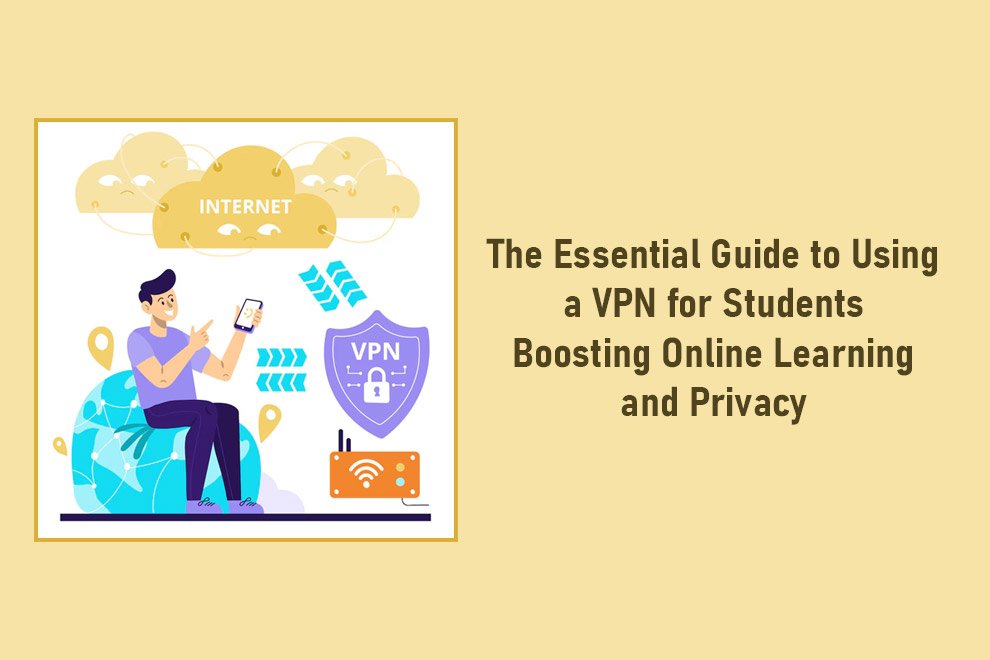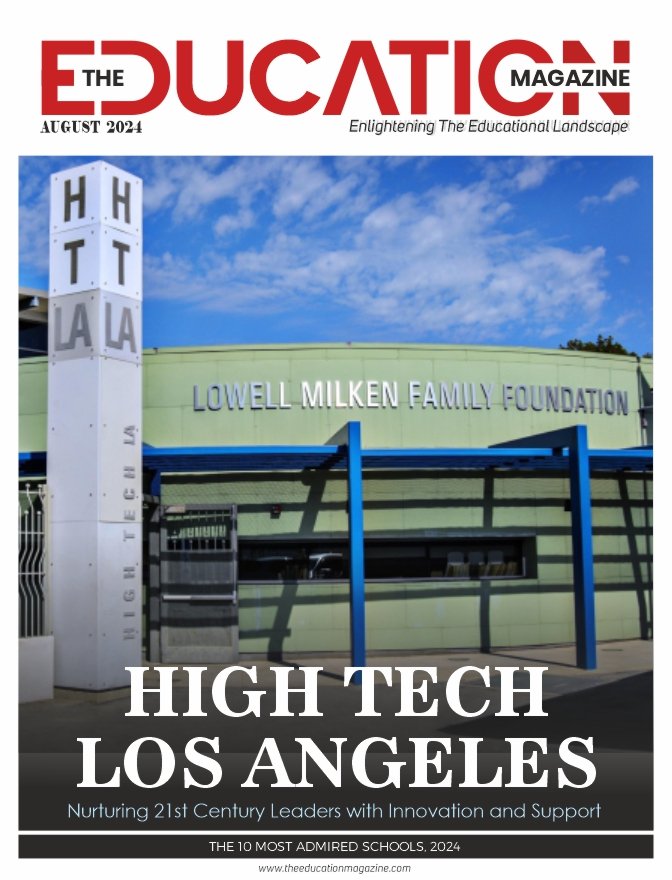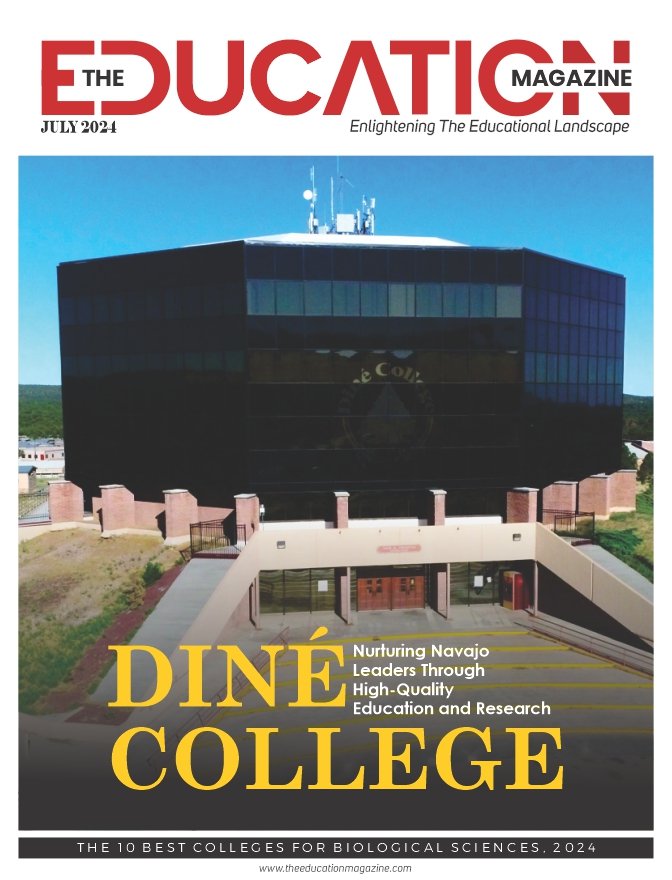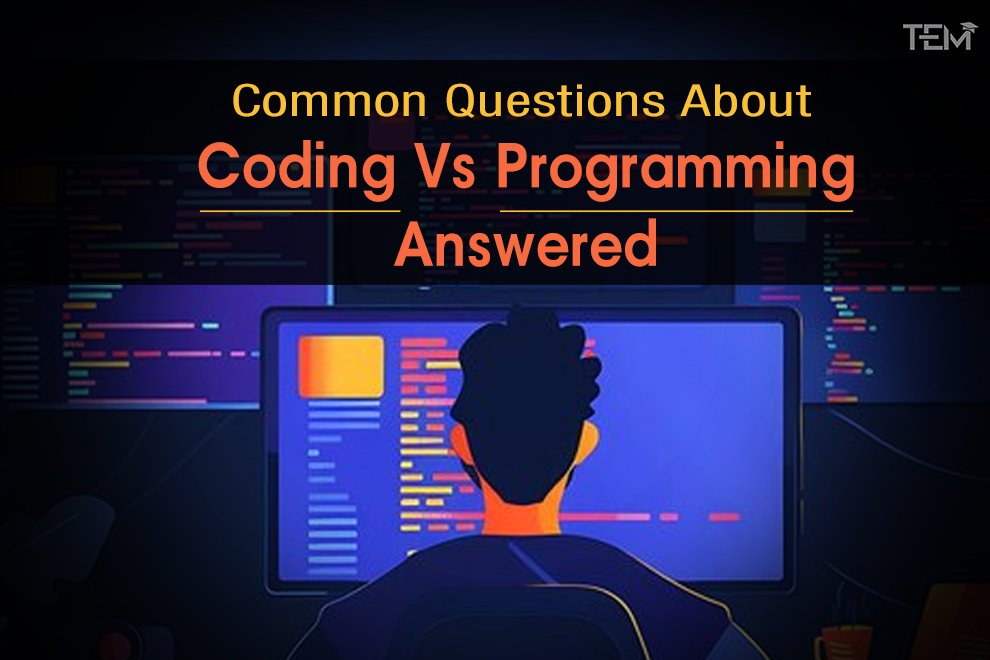Nowadays, students totally depend on the web because it allows them to search for educational materials and be a part of a virtual classroom. Even though the internet opens new possibilities in learning, one cannot exclude issues related to privacy and security. A Virtual Private Network (VPN) is not only a way for students to have access to otherwise blocked content; it has emerged in the life of a student as more of a necessity. This paper discusses how a VPN for students benefits online education, along with guidelines for the appropriate choice of a VPN.
Why Students Need a VPN
With a lot of dependency on the internet and other digital platforms for education, students are always exposed to such risks. A VPN encrypts internet traffic and keeps it away from hackers and other third parties, since they have a hard time trying to access sensitive data like passwords, emails, and even personal identification details. The latter is especially valuable for students who are usually connected to public Wi-Fi networks at libraries, in cafes, or on university campuses — a practice that is associated with very low security.
Using a VPN allows a student to bypass geographical restrictions on content. Some regions have their own educational resources, and other streaming services might be blocked, along with some social media platforms. The use of VPNs allows students to access all these materials from literally any place in the world, ensuring that their education is not hindered by geographical barriers.
Enhancing Online Learning
COVID-19, in some way, ushered in online learning with many institutions accepting virtual classes as the new normal. However, increased application of online platforms comes with its own share of challenges, like bandwidth throttling by ISPs. When too many students want to access the same learning resources at the same time, it results in the slowing down of the internet, making it frustrating when trying to learn.
The VPN can help ward off these issues: taking the users’ online activities and putting them under wraps, or cloaking them, making it difficult for ISPs to throttle connection speeds. This helps ensure students will be able to access online lectures, submit their assignments, and engage in group discussion without any interruptions.
As technology continues to change the way we study, it’s vital for students to have tools like VPNs to ensure that their access to educational content remains seamless and secure.
Choosing the Best VPN for Students
A VPN should be selected with a few important factors in mind, for a student to be guaranteed the best protection and performance. There are some essential features you’ll want to have in your VPN:
- Easy to Use: Easy to set up and run; one needs not to have any technical know-how in order to use it. The ease of use here has to do with the user interface and how the installation process is just a piece of cake.
- Speed: You will need a VPN that provides both speed and stability since students use the internet to stream, go on video conferences, and download hefty files.
- Security features: It is after all the main purpose of a VPN, to ensure your data remains safe. Look out for some important features like robust encryption protocols, no-logs policy, and automatic kill switches that will cut off the access if the VPN connection drops.
- Server Locations: The more server locations a VPN has, the better the chance students get to access content from different regions.
- Affordability: Most students are working with a lean budget; therefore, it is only essential to find the best VPN service that offers the right balance between cost and features. Some VPNs, like the 1Click VPN, have free versions with limited features, which makes it easier to get started.
For a more in-depth comparison of VPN options, students can refer to reputable tech sites such as TechRadar that provide expert reviews and ratings.
VPNs and Academic Integrity
Although there exist vast benefits with using a VPN, students have to use these judiciously. Academic institutions are very strict with policies regarding cheating and plagiarism. Using a VPN for bypassing examination proctoring software, or to procure access to restricted materials during examinations, may subject one to heavy penalties. So, the student should always use their VPN ethically and according to the guidelines of his school.
Additionally, students should be mindful of their overall digital habits. For instance, balancing screen time and ensuring online safety are crucial aspects of a healthy academic life. Resources like this guide on screen time and safety can provide valuable tips for students on how to manage their online activities effectively.
The Future of Education and Digital Privacy
With every leap forward in the digitalization of education, the need for private, secure online experiences will increase. VPNs that facilitate this are not only essential for any student; they’re indispensable if one wants privacy to be a guiding principle, while still having a smooth educational journey. Students, through making the right choice of VPN, will enhance their experience in online learning, protect their personal data, and have great confidence when surfing in the ever-expanding digital world.
To sum up, a VPN is an irreplaceable tool in the kit of any student who struggles to swim through the hordes of online education. Like most students in academia, a VPN is your serious investment for accessing global content, guaranteeing steady connections to virtual classes, or protecting personal information from prying eyes.
Also Read: Digital Twin: Definition, Working, Types, and Applications










